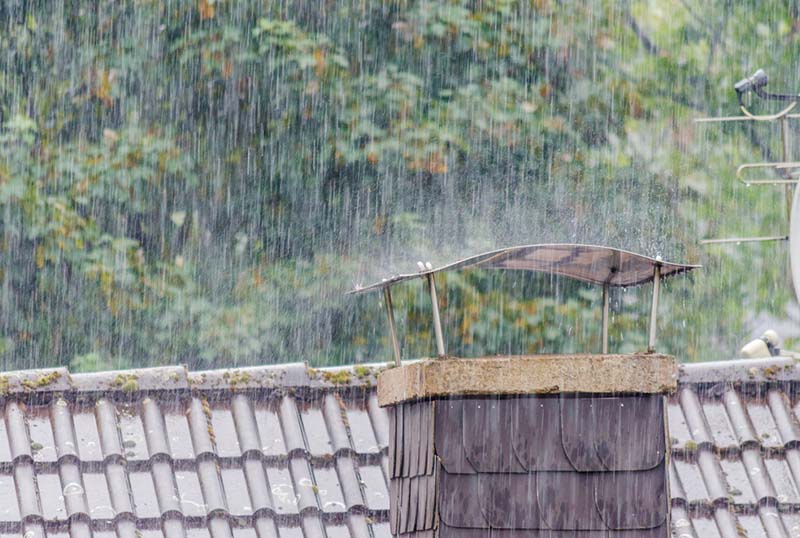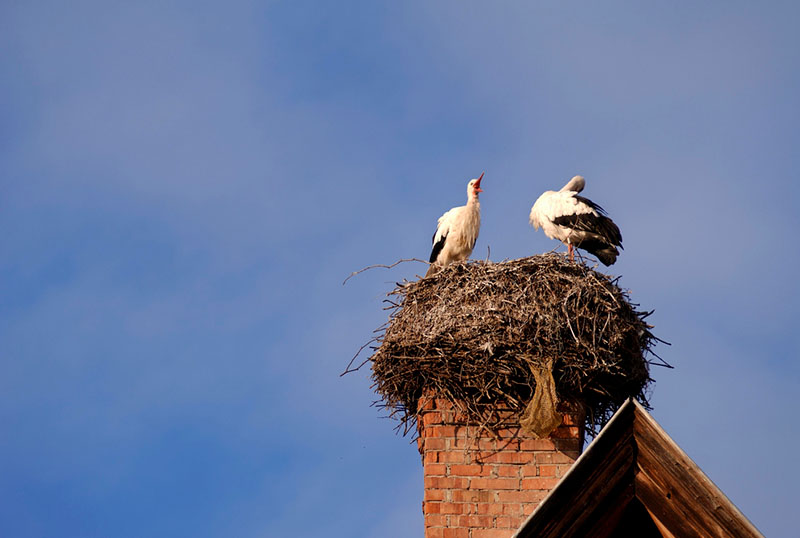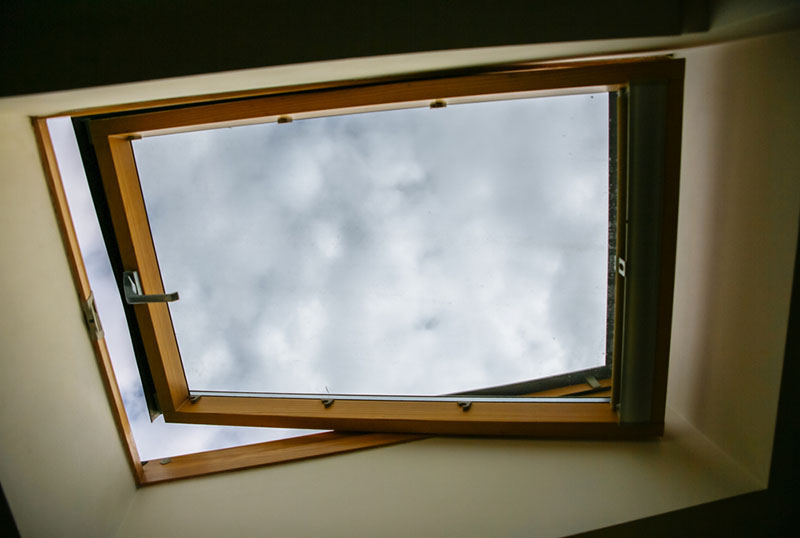Rely On Us for Chimney Odor Removal
Chimneys can be stinky – and you can usually bet that if you have a stinky chimney, there’s a problem inside. Maybe your chimney smells particularly smoky or musty or campfire-like. Or maybe it smells like something crawled up there and died inside (it’s very possible that an animal did).
Whatever the case, while lots of people romanticize that “cozy chimney smell,” the truth is that a chimney that’s been well-maintained should have very little odor.
Why Does My Fireplace Smell?
A chimney may stink for a variety of reasons, many of them quite serious:
- Your chimney may have a buildup of soot. Soot has a strong smell. Even after a professional sweeping, this smell can remain in the brick and mortar, both of which are porous by nature.
- Water penetration is one of the main causes of fireplace odor. Creosote – the sticky byproduct created during the distillation of tar – is a highly flammable substance that’s removed during a routine chimney sweep. However, when creosote builds up and is exposed to water, it can have an especially powerful and obnoxious odor. No part of the inside of your chimney should be wet. There are lots of waterproofing measures that can be taken, depending on where and how your chimney is leaking.
- Your chimney may be home to any number of nesting animals. Common chimney dwellers include birds, insects, opossums, squirrels, and their friends (think lice, fleas, and maggots). It’s not uncommon for baby animals to be born inside of a chimney and not be able to find their way out as well. There’s an easy fix to prevent this problem in the future – have us install a chimney cap.
- Negative pressure in your house is a big culprit when it comes to fireplace odor. New furnaces, sky lights, kitchen and bathroom exhaust fans, windows and new roofing – basically all weatherization efforts, venting changes, or improvements around the home – can change the interior pressure from a positive to a negative, which will bring the air that’s usually forced out of the home into the home. This replacement air tends to re-enter the house through the chimney flue because it’s cooler than the rest of the home.
- The time of year can cause chimney odors to intensify. Wet, hot seasons tend to bring out the worst of your chimney smells.



I’ve Had a Chimney Sweep… It Still Smells
Sometimes we find that even after we’ve swept a chimney or taken other steps necessary for removing the odor (repairing water damage or removing creosote buildup, for example), there is still a lingering odor. This is especially true when the smell has gone unaddressed and untreated for a long time, settling onto walls, brickwork, and interior fabrics.
In these cases, Ace Chimney Sweeps can come in and professionally deodorize your chimney – and in some cases we advise the use of air purification systems to help the process along. We know that the fireplace smell can be overwhelming, but you can count on us to knock it out.
Please note that it’s important not to use a chimney deodorizer without consulting a certified chimney professional first. You may be simply masking a very real problem if you don’t address the cause of the odor before attempting to destroy it.
Call Us To Tackle Bad Chimney Smells
If your chimney has a strong smell, call Ace Chimney Sweeps, Inc. right away, or you can schedule a chimney inspection online.
Our crews know all about chimney repair and restoration, including damper repair. Call on us to help keep your chimney system in the best possible condition.
